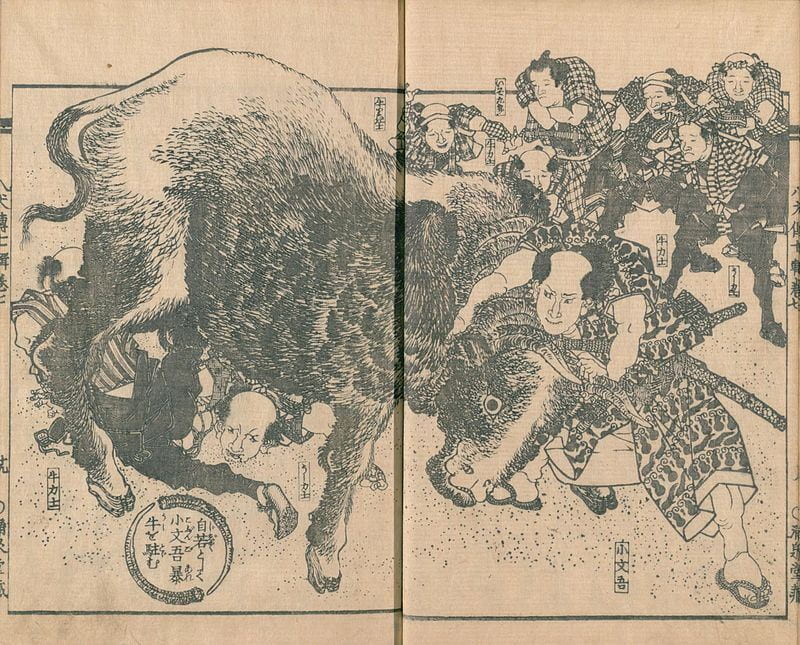About the Seminar

The Early Modern Vernacular Novel
in China and Japan
A Summer Seminar for College and University Teachers
The seminar will deal with two broad themes. The first is money, a key factor and reality of life in the new urban commercial culture that marks “early modernity” in both China and Japan. We will consider how the new centrality of cash changed literary culture in terms of both content (stories that revolve around money) and the terms of its existence (a capital-driven publishing industry that enabled the emergence of an urban consumer class and professional authors). The second is vernacularization, an indirect but key product of this new urban commercial culture. While we use the term “vernacular” in several senses in this seminar, simply put we will be examining narratives written in something approximating the spoken language, as opposed to the standardized literary language, and we will be examining the ideological and political implications of writing in the vernacular in both China and Japan. The rise of vernacular fiction in China and its circulation into Japan frame some of the fundamental themes of the course: the relationship of popular culture to the ideals of classical orthodoxy, and the role of written language reform in modernization and nation-building in East Asia. Because the textual world of East Asia, known as the Sinosphere, was linguistically unified by the use of classical Chinese as a written medium, it had a much broader potential readership than the equally artificial written vernacular. The dilemma of a national vernacular language would not be entirely resolved in either country until the modern era.

The methodological core of the seminar is close readings of two highly influential novels, the anonymous Chinese Jin Ping Mei (Plum in the Golden Vase, a.k.a. The Golden Lotus; 1590s; hereafter Plum) and the Japanese Nansō Satomi Hakkenden (Eight Dogs of the Satomi Clan of Southern Fusa; 1814-1842; hereafter Eight Dogs) by Kyokutei Bakin (1767-1848). In addition to reflecting the profound social changes that are among the markers of the early modern, both novels are adaptations of the same vernacular Chinese novel: Shuihu zhuan (Outlaws of the Marsh; a.k.a. The Water Margin, in print by 1541). Our comparative readings of these two works, anchored in relevant passages from their common source text, will enable a larger transregional understanding of the circulation of texts, techniques, aesthetics, and written languages (classical and vernacular) in the Sinosphere. The pedagogical emphasis on close readings will help participants develop strategies for teaching these (and similar) works in a variety of course settings.

This seminar has been made possible in part by a grant from the National Endowment for the Humanities: Democracy demands wisdom. NEH Seminars, Institutes, and Landmarks programs are intended to extend and deepen knowledge and understanding of the humanities by focusing on significant topics, texts, and issues; contribute to the intellectual vitality and professional development of participants; and foster a community of inquiry that provides models of excellence in scholarship and teaching.
NEH expects that project directors will take responsibility for encouraging an ethos of openness and respect, upholding the basic norms of civil discourse.
Seminar, Institute, and Landmarks presentations and discussions should be:
- firmly grounded in rigorous scholarship, and thoughtful analysis;
- conducted without partisan advocacy;
- respectful of divergent views;
- free of ad hominem commentary; and
- devoid of ethnic, religious, gender, disability, or racial bias.
NEH welcomes comments, concerns, or suggestions on these principles at questions@neh.gov.